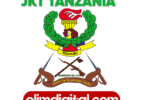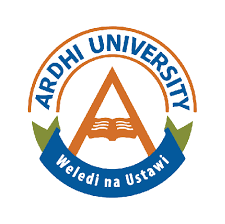History and Issues in Special Education
CHILD ECOLOGY
The key concept of child ecology is the combination of two elements, social and biological. That is a child is born as a biological existence into a social system and socialized to function well in such a system.
A child grows and develops through interactive processes between his or her inborn programs and the environment, which is composed of micro-, mini-, meso- and macro-ecosystems. In these ecosystems, there are natural, physio-chemical, biological and sociocultural ecological factors.
History and Issues in Special Education
ECOLOGICAL SYSTEMS
Urie Bronfenbrenner (1917-2005) developed the ecological systems theory. Bronfenbrenner believed that a person’s development was affected by everything in their surrounding environment. He labeled different aspects or levels of the environment that influence children’s development, including the:
- Microsystem
- Mesosystem
- Exosystem
- Macrosystem
- Chronosystem
History and Issues in Special Education
The Microsystem
The microsystem is the system closest to the person and the one in which they have direct contact. Some examples would be home, school, daycare, or work.
A microsystem typically includes family, peers, or caregivers. How these people interact with the child will have an effect on how the child grows; the more encouraging and nurturing these relationships and places are, the better the child will be able to grow.
History and Issues in Special Education
Furthermore, how a child acts or reacts to these people in the microsystem will affect how they treat her in return. Let’s look at the microsystem John lives in. The first part of his microsystem is his home environment.
This includes his interactions with his parents and little sister and brother. John’s school is also part of his microsystem. His regular school interactions are with his pre-primary class teacher and the other children in his class.
History and Issues in Special Education
The Mesosystem
Bronfenbrenner’s next level, the mesosystem, describes how the different parts of a child’s microsystem work together for the sake of the child. For example, if a child’s caregivers take an active role in a child’s school, such as going to parent-teacher meetings and watching their child’s games, this will help ensure the child’s overall growth.
History and Issues in Special Education
One aspect of John’s mesosystem would be the relationship between his parents and his teacher. His parents take an active role in his school, such as attending parent/teacher meetings and volunteering in his classroom.
This has a positive impact on his development because the different elements of his microsystem are working together. John’s development could be affected in a negative way if the different elements of his microsystem were working against one another.








